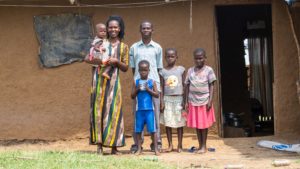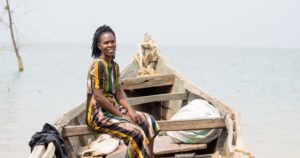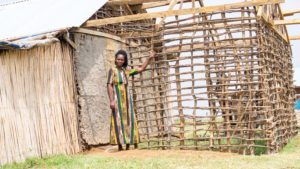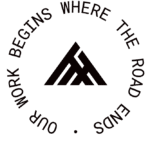Breaking Biases — Breaking the Cycle of Poverty
Joyce lives with her husband and four children along the shores of Lake Albert in the Great East African Rift Valley. Like many living in last-mile communities, she and her family experienced significant challenges during the COVID-19 pandemic, as government lockdowns caused economic stressors, stressed livelihoods, limited access to markets, and disrupted access to services. Joyce and her husband often struggled to cover their expenses and, on some days, her family was forced to go without food.
Yet despite these challenges, Joyce was determined to break the cycle of ultra-poverty and help provide for her family. She recognized fishing had long been a critical source of income for her community, and committed herself to overcoming the cultural and financial barriers that too often put this livelihood out of reach for women like her. Through Raising The Village’s “Secure, Improve, Sustain” program, the community participated in mindset change training around women’s empowerment, where Joyce attended training on livelihoods and financial inclusion. Equipt with new skills, she joined the Rwebigongoro Geteraine Village Savings and Loan Association (VSLA), and began her entrepreneurial journey to lift her family out of poverty.

Joyce and her Family in their compound at Kabukanga cluster, Kagadi district.
“I took a loan of UGX 150,000 ($41) from the VSLA,” Joyce states, “and I would buy fish from the landing site and sell it at the market.” She continues, “When I could, I would also buy some fuel from Kagadi town, and sell it to boat users. With the profits I made from these sales, I started paying back my debt [to the VSLA].”

While her family benefited from this new business, Joyce strived to go beyond trading fish and fuel. She aspired to start a fishing business, something that was previously considered inaccessible to women. To do so, Joyce knew she required significantly higher capital to realise her dream: “I went back to the VSLA group and borrowed UGX 700,000 ($194). I rented a boat and hired some youth to go on fishing trips when I couldn’t – this way I could still spend time with my children,” she proudly adds, “By the end of each day, our fish would all be sold out at the market. Our savings group has given us power—an opportunity to be financially liberated. I am able to support my family.”
Incredibly, Joyce’s ambition has not stopped there. With profits from her fishing business, she seized an opportunity to further diversify and improve her family’s income. Noticing many fishers come from villages that require long travel, Joyce began building shelters in front of her house as overnight accommodation that can provide her family with rental income. In addition, with growing confidence in her entrepreneurial skills and the rental unit structures well underway, Joyce has already set her mind to the next project—investing revenue from this business into rearing livestock that can be sold in Kagadi town.

Joyce standing in front of her construction site.
As she builds success upon success, Joyce knows her family will continue to benefit from the opportunities and training she has had through the “Secure, Improve, Sustain” program well after the community graduates. In doing so, her family is no longer focused on the needs of today, but can think of the growth, opportunity, and successes of tomorrow.

